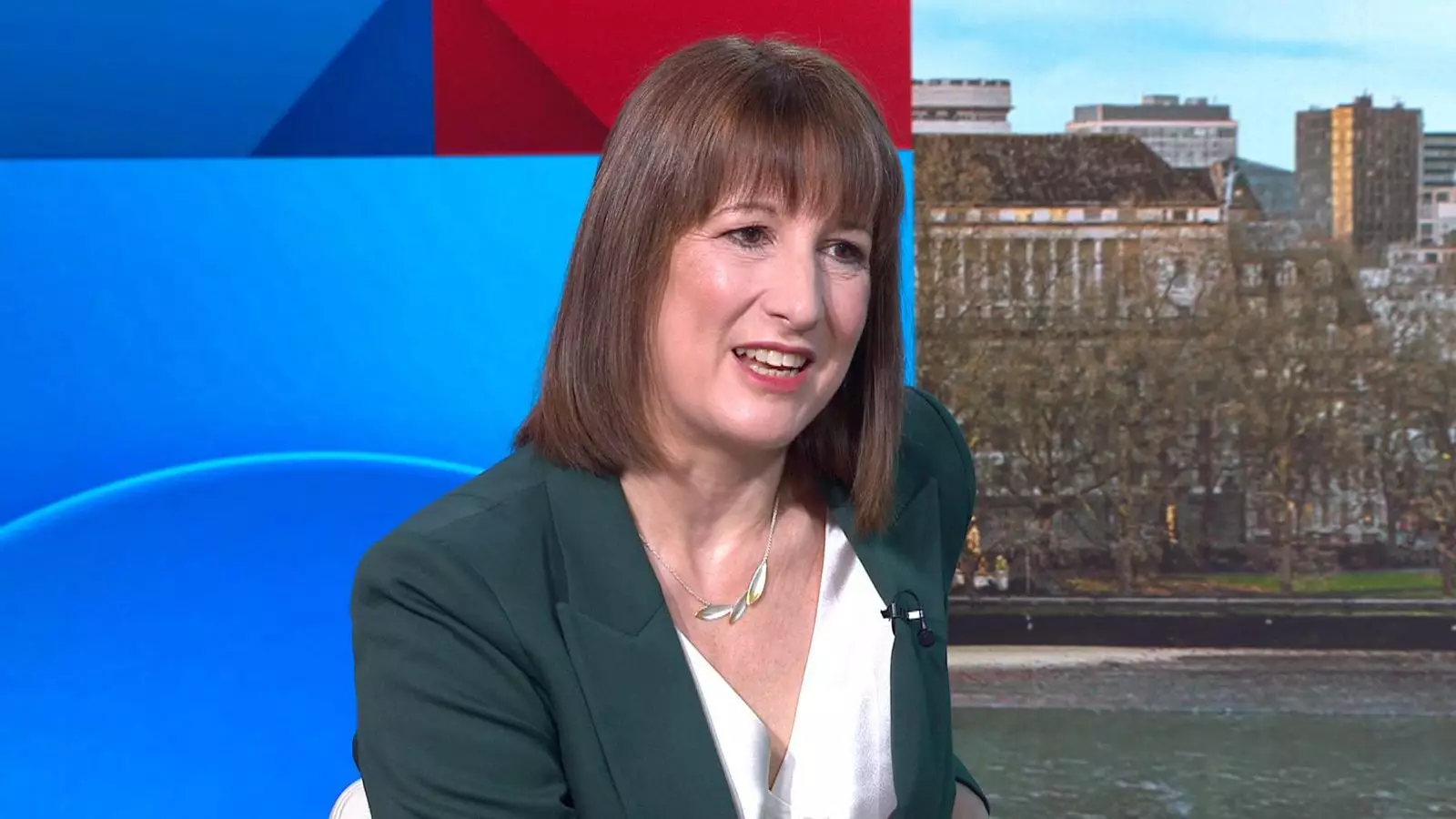In a bold yet tentative move, the Government of England has pledged a £2 billion investment aimed at constructing 18,000 new homes as a potential fix to the unfurling tapestry of the housing crisis that pervades the nation. This represents an ambitious strategy from Chancellor Rachel Reeves to address the skyrocketing issues of homelessness and unaffordability that plague countless citizens. However, it’s crucial to scrutinize whether this initiative will have a meaningful impact or merely serve as a fleeting public relations fix.
Experts in housing reform have long argued that in order to genuinely tackle the acute housing crisis, efforts must prioritize building social homes rather than merely adding to an inadequate pool of affordable housing that often falls short of meeting real needs. The chancellor’s intentions may appear favorable, but they appear disjointed from the severity of the crisis at hand. Housing charities and advocates are signaling that unless the vast majority of these homes are reserved specifically for social rent, this funding will only construct a superficial façade of progress, purposefully sidelining those at the most vulnerable level of the housing scale.
Governmental Inconsistencies: The Bigger Picture
The government boasts an overarching goal of constructing 1.5 million new homes over the following five years, yet recent trends show a distressing dissonance between municipal needs and actual community support. The impending announcement of cuts to public spending, especially in welfare, raises pressing concerns about the government’s sincerity in maintaining a commitment to housing equity. Chipping away at the social safety net while proclaiming intentions of expansive housebuilding feels hypocritical at its core.
In this environment of apparent detachment, it’s worth scrutinizing the anticipated regulations—like the potential cuts to the digital services tax. It appears the government’s priorities lie more in appeasing corporate interests than addressing the grassroots requirements of the populace. With a glaring need for 365,000 social rent homes over five years, any diversion of focus towards appeasing big tech firms shows a reluctance to prioritize the urgent needs of our country’s most disadvantaged.
The Human Cost of Inaction
The alarming statistic of 1,330,611 households currently on local authority waiting lists casts a significant shadow on the government’s claims of progress. The urgency of these numbers could very well be interpreted as a loud call for action, illustrating that generations of citizens are being neglected. Families are left in a precarious limbo, unable to afford rent or save for homeownership—trapped in an unsustainable balancing act that leaves emotional and psychological scars.
Angela Rayner’s assertion that “everyone deserves to have a safe and secure roof over their heads” resonates deeply amidst stark contrast to the grim realities many encounter daily. Yet, until government-backed initiatives translate into tangible relief, such declarations remain hollow. The urge to label this funding as transformative is perhaps naïve—this is merely a step in a long journey needing steadfast commitment rather than half-hearted gestures.
A Call for Genuine Transformation
Matt Downie of Crisis has aptly described the current investment as a chance to potentially ignite a significant shift in how England addresses homelessness. Yet, we must remain circumspect. Hope alone must not serve as a substitute for actionable policy. Long-term strategies and substantial efforts towards social housing building must be concretely outlined to ensure that today’s announcement transforms from rhetoric into reality.
The time for political theater is over; we require a commitment to social housing as a fundamental human right, not just another list of numbers that will fade into inaction. The promise of 18,000 new homes, while laudable, should be treated as a mere starting point rather than a conclusive measure, demanding that both policy and personal responsibility prioritize the needs of those most affected by the housing crisis, with an unyielding willingness to listen to voices often overlooked.
It is incumbent upon us to press our leaders, challenging them to ensure their vision for housing is not solely about quantity but fundamentally intertwined with quality, accessibility, and sustainability. Only then can we hope to unravel the interconnected web of housing discrimination and inequality suffocating communities across the nation.


Leave a Reply